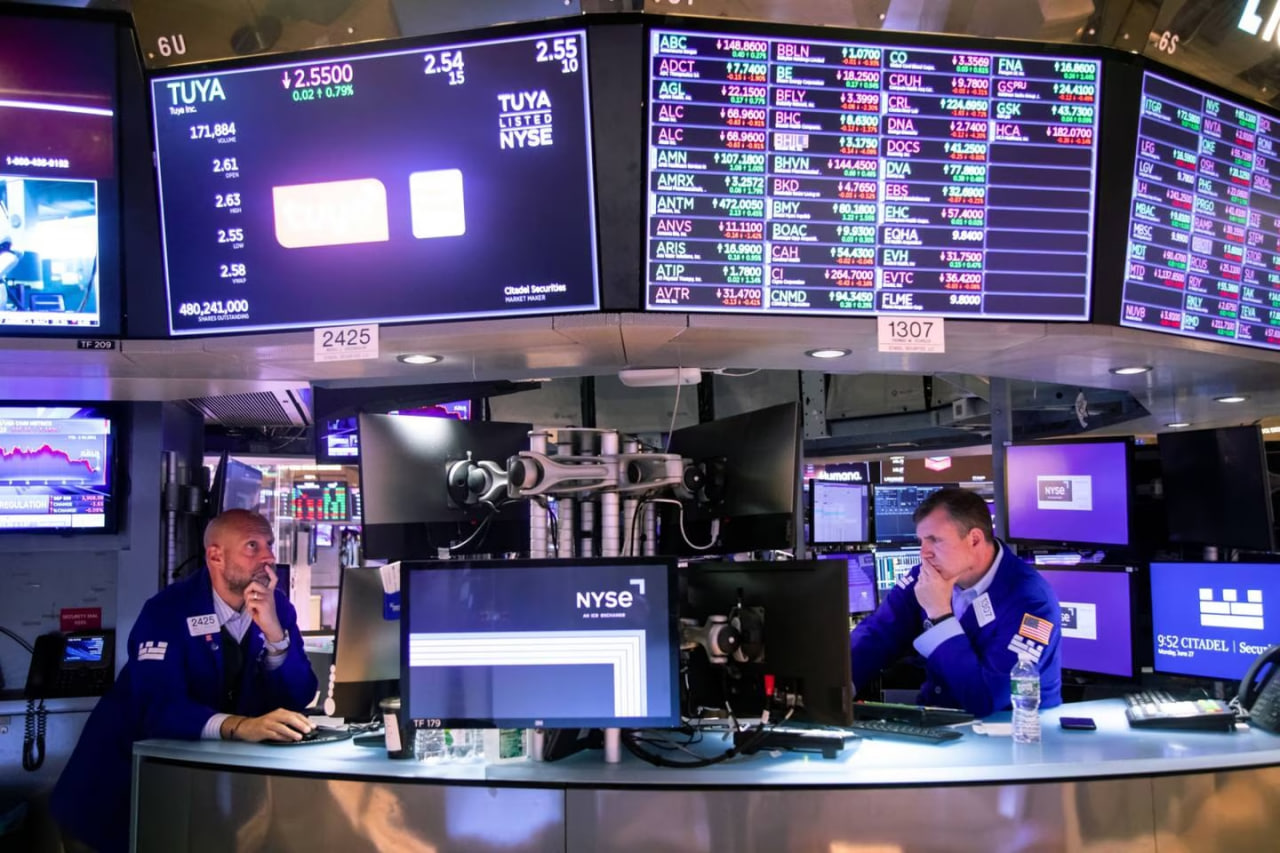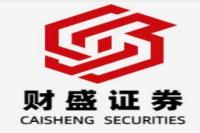Cracking Down on Loophole Trading: How Brokers are Stifling "Disguised T+0"
Meta Description: Learn about the crackdown on "disguised T+0" trading using margin selling, how brokers like Citic Securities and Shanxi Securities are implementing restrictions, and the shrinking impact of short selling on the A-share market.
Whoa, hold onto your hats, folks! The world of A-share trading is getting a serious shake-up. For months now, the China Securities Regulatory Commission (CSRC) has been on a mission to stomp out a sneaky loophole: the use of margin selling to execute disguised T+0 trades. This isn't some minor adjustment; we're talking about a significant move to level the playing field and ensure fair market practices. Think of it as closing a backdoor that let some traders gain an unfair advantage. This article dives deep into the recent actions by major Chinese brokerage firms, revealing the strategies they're employing to shut down this illicit activity. We'll unpack the implications for investors, the current state of the margin trading market, and what the future might hold. Get ready for an in-depth look at this crucial development, backed by firsthand knowledge and insights gleaned from years of experience in the financial sector. We'll also address common misconceptions and answer your burning questions, so you can navigate this evolving landscape with confidence. So buckle up, because this is going to be a wild ride!
The Rise of Restrictions on Margin Selling (融券) for “Disguised T+0” Trading
The CSRC's February 2024 directive to ban "disguised T+0" trading through margin selling sent shockwaves through the brokerage industry. This wasn't just a suggestion; it was a clear mandate to crack down on a practice that allowed sophisticated investors to exploit a loophole, essentially enabling them to execute day trades—something typically restricted in the A-share market. The goal? To prevent unfair advantages and maintain market integrity. Think of it like this: imagine a race where some runners get a head start. That's not fair, right? The CSRC's action aims to ensure a fair race for everyone.
Several major players have already jumped into action. Citic Securities (中信建投), for instance, announced the implementation of new restrictions on December 27th, 2024, effectively preventing investors from using margin selling and then buying back the same security on the same day – a core tactic of the "disguised T+0" strategy. Similarly, Shanxi Securities (山西证券) followed suit, implementing its own control measures on December 23rd, 2024.
This isn't just a one-off incident; it's part of a broader trend. Other brokerage houses like Xingye Securities (兴业证券) and Dongxing Securities (东兴证券) have also publicly announced similar restrictions, highlighting the industry-wide adoption of these new regulations. This coordinated effort signals a serious commitment to enforcing the CSRC's mandate.
The Impact and Implications: A Shrinking Market
The shift towards stricter regulations has had a measurable impact on the margin selling market. The market size, already relatively small compared to the overall A-share market, has shrunk considerably. Recent data reveals that the outstanding margin selling balance is just a fraction of what it was at the beginning of the year—a staggering decline. This demonstrates the effectiveness of the new rules in curbing the previously exploited loophole.
The chart below illustrates the significant reduction in margin selling activity:
| Date | Margin Selling Balance (in billions of Yuan) | Change from Beginning of Year (%) |
|------------|-------------------------------------------|---------------------------------|
| Beginning of Year | 703.85 | 0 |
| December 18th, 2024 | 105.34 | -85.04 |
This dramatic decrease speaks volumes. The daily volume of margin selling is now a minuscule percentage of the overall A-share trading volume, confirming that its impact on market dynamics is minimal. One broker executive even jokingly remarked that they're practically "out of a job," given the significant drop in activity.
Moreover, the proportion of margin selling to the total A-share market capitalization is laughably small – a mere fraction of a percent. This further validates the CSRC's assertion that the market's overall stability isn't threatened by the curtailing of this specific trading methodology.
A Necessary Evil or Overkill? The Debate Continues
While the CSRC's actions have effectively curbed the "disguised T+0" practice, the question lingers: is it overkill? Some argue that the sheer scale of the reduction in margin selling activity demonstrates the effectiveness, yet also paints the previous size of the issue as negligible. For the vast majority of investors, the effect is inconsequential.
However, the CSRC defends its stance, emphasizing its commitment to market fairness. The argument centers on the principle that if ordinary investors can't engage in T+0 trading, those using margin selling should not be able to either. The perceived need for a level playing field remains the cornerstone of the CSRC's strategy.
Beyond fairness, proponents of the stricter regulations point to the potential for destabilizing market behavior should the loophole remain open. Even with a small market size, the potential for manipulation and unfair advantages looms large, and proactively addressing this issue is a necessary step toward maintaining market stability and confidence.
Looking Ahead: The Future of Margin Trading in China
The future of margin trading in China remains uncertain, but several factors point to a world where this once-exploited technique is heavily regulated. While the current restrictions have drastically reduced its impact, we can expect ongoing monitoring and potential refinements to the regulations. The CSRC will likely continue to fine-tune its approach based on market data and developments.
The long-term implications for investors depend on how the overall market adapts. While the "disguised T+0" strategy is being effectively shut down, the broader question of market access and fair play remains central. The CSRC's focus on these principles will likely shape the future of margin trading and other speculative trading practices in China's dynamic stock market.
Frequently Asked Questions (FAQs)
Q1: What exactly is "disguised T+0" trading?
A1: It refers to using margin selling (short selling) to create the effect of a day trade (buying and selling the same security within the same day), which is usually prohibited. It's a sophisticated technique that exploits a loophole in the system.
Q2: Why is the CSRC cracking down on this practice?
A2: To ensure fair market practices and prevent certain investors from gaining an unfair advantage over others. It's all about maintaining a level playing field and fostering investor confidence.
Q3: Which brokers have implemented restrictions?
A3: Several major brokers, including Citic Securities, Shanxi Securities, Xingye Securities, and Dongxing Securities, have publicly announced and implemented restrictions on this type of trading.
Q4: What is the current state of the margin selling market?
A4: The market size has shrunk dramatically, with current outstanding balances significantly lower than at the beginning of the year. Its impact on the overall A-share market is now minimal.
Q5: Will the restrictions on "disguised T+0" trading be relaxed in the future?
A5: It's unlikely. The CSRC's commitment to market fairness suggests that these restrictions are here to stay, although further adjustments and refinements to the regulations are possible.
Q6: What does this mean for ordinary investors?
A6: For most ordinary investors, the impact is negligible. The primary effect is the leveling of the playing field, ensuring a fairer and more transparent market environment.
Conclusion: A New Era of Trading Integrity
The crackdown on "disguised T+0" trading signals a significant shift in the A-share market. While the initial impact might seem drastic, it's essential to view this as a step towards establishing a more equitable and transparent trading environment. The CSRC's resolute action reflects a commitment to fostering a healthy market where all participants have a fair chance and where manipulative practices are effectively countered. The future of margin trading in China will be shaped by this commitment to integrity and fairness.



